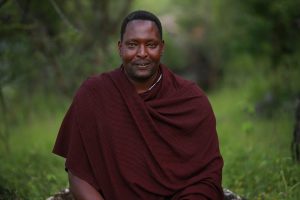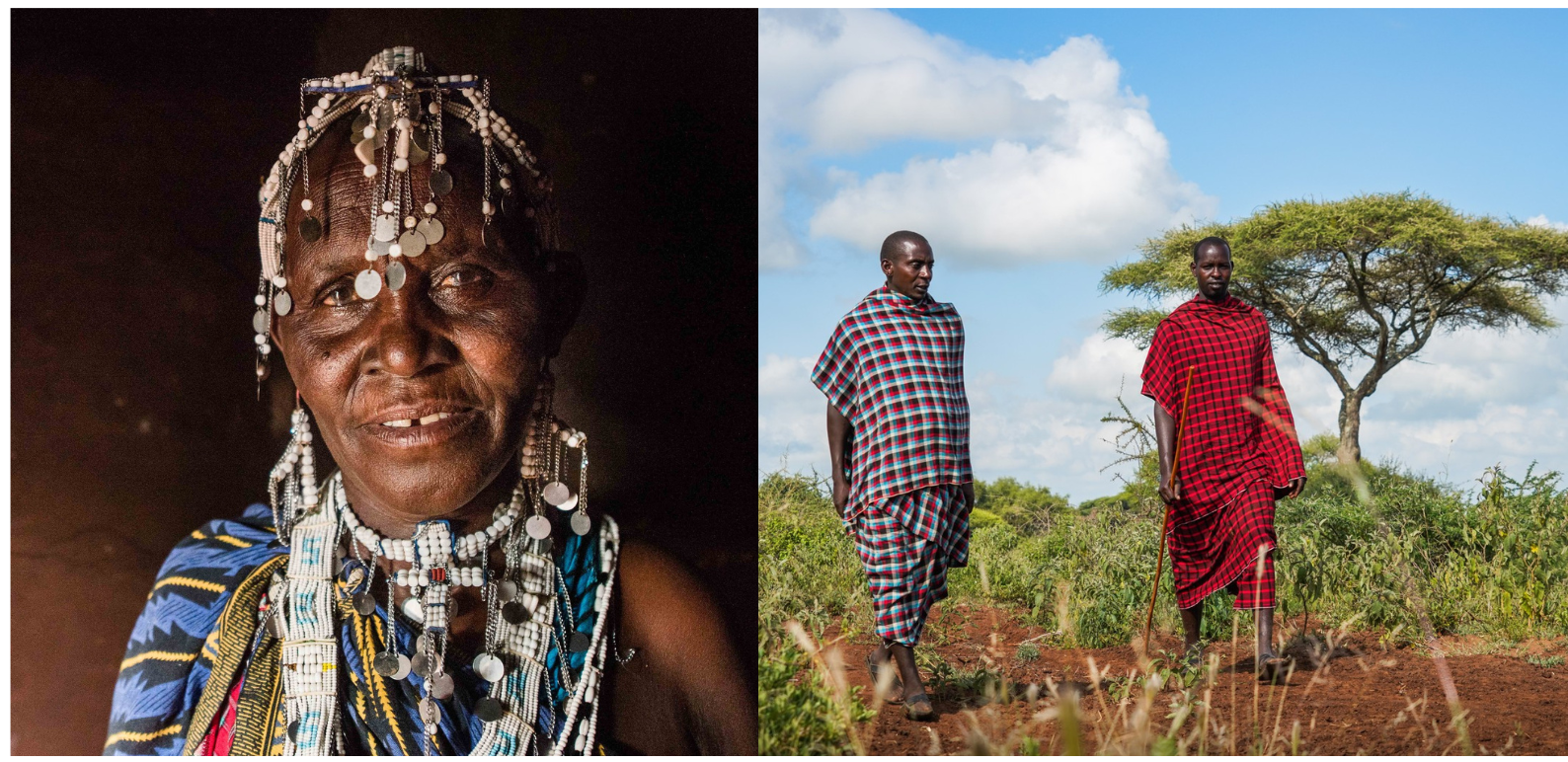Protecting the Maasai People
They are the most famous tribe in East Africa. Learn about the history of the Maasai people.
The History of the Maasai People
The Maasai people can be traced back to the 17th century when they migrated to the highlands in the Rift Valley between Tanzania and Kenya. Maasai tribe is feared for its fierce, tall, and proud warriors who protect their land and livestock. They have been weakened by colonization, turf wars, and disease. In the 1950s, the creation of national parks drove the Maasai from their traditional lands. Despite this, they continued to live in harmony with nature and their ancestral tradition, while moving.

Édouard Loure was born on the Simanjiro plains, where his family led a semi-nomadic life. In 1970, the state requisitioned part of the land to establish the Tarangire National Park, forcing the eviction of Loure’s family and other tribe members. Growing up, Loure felt the need to protect his land and maintain this strong bond.
“For me and my family, this land is my home.”
The Creation of UCRT
The Maasai are semi-nomadic and their economy is entirely pastoral. For many years, they have been struggling against the government’s desire to seem them settle them down in order to expropriate their land. About twenty years ago, with the help of the elders, Loure decided to set up an action plan to recover the Maasai territory: Ujamaa Community Resource Team (UCRT). This local organization advocates for community land rights and sustainable development in northern Tanzania in order to protect the people and their traditions.
The main strength of the Maasai lies in their resulting community culture. UCRT provides land and resource security for villagers through issuing certificates of customary tenure. These certificates officially allocate parcels of land to groups or individuals. To move a group, the agreement of all members is now required. The organization is also implementing initiatives to promote women’s rights to own and make decisions. For this magnificent initiative, Loure will win the Goldman Prize in 2016 for her activism.

Sources: Positive News, GEO, Goldman environmental prize, Ujamaa Crt
Credit photo: Ujamaa Crt
Global Goodness suggests : https://globalgoodness.ca/en/a-lecoute-des-peuples-autochtones/
 High-quality writing is very important to members of the Global Goodness team. But no one’s perfect, so we always use Antidote.
High-quality writing is very important to members of the Global Goodness team. But no one’s perfect, so we always use Antidote.
Encourage us if you like positive stories!





